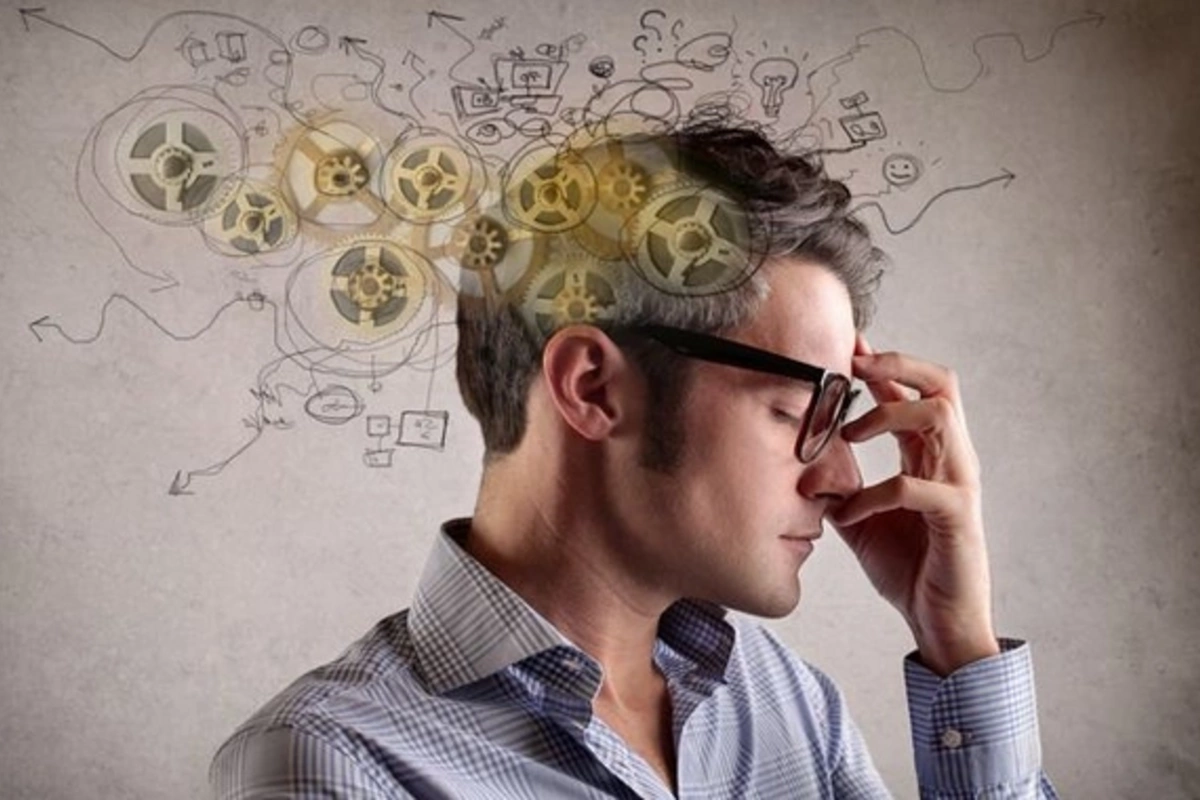11 Jun , 12:19
0

Strange feeling of repetition: why déjà vu occurs and what lies behind this mysterious phenomenon
You enter a room, talk to someone - and suddenly a strange feeling arises: this has happened before. These words, this look, this smell - everything down to the smallest detail seems familiar, as if you're experiencing the moment for the second time. Although you know for certain: you're here for the first time. This is déjà vu - one of the most mysterious and exciting sensations known to humans.
The term comes from French and literally means "already seen." However, it's not just an impression of a similar scene. It's a sudden, deep inner conviction that the current event has already taken place. And it's so realistic that many cannot distinguish it from a real memory.
The scientific community has been researching for decades what happens in the brain at this moment. One of the most common theories points to a memory malfunction. When the brain processes current information, it may mistakenly send it to the long-term memory area, bypassing short-term memory. As a result, the event is perceived not as new, but as already experienced.
There is also an alternative hypothesis related to information processing in the brain hemispheres. If one hemisphere processes a signal with a slight delay, then the second interpretation may be perceived as a repetition, although it's actually the same event. This creates the illusion of familiarity with the present.
Some researchers link déjà vu with subtle perception processes - when the environment or atmosphere resembles an unconsciously forgotten experience. For example, you're in a café for the first time, but the music, lighting, and smells remind you of a morning from childhood, forgotten but deeply imprinted in your subconscious. The brain catches the similarity and signals: "We've seen this before."
Notably, déjà vu most often happens to young people, especially between the ages of 15 and 30. With age, the episodes become rare. They also occur more frequently during moments of fatigue, stress, or after sleep deprivation, when the brain is working "on the edge" and is more prone to malfunctions.
Surprisingly, déjà vu is not a pathology. It's an absolutely normal phenomenon, and most people experience it at least once in their lifetime. However, for some it happens too frequently and may be associated with certain types of epilepsy - especially temporal. In such cases, déjà vu may be a precursor to a seizure.
Mysticism, parallel realities, dreams, past lives - déjà vu is often interpreted as a connection to something greater than just neurons. And although science cannot yet fully explain the nature of this phenomenon, it acknowledges: déjà vu is a window into the amazing world of memory, perception, and mysteries of our consciousness.
Each such moment is like a glitch in the matrix, a reminder that the boundaries between past and present in our minds are much thinner than we think.